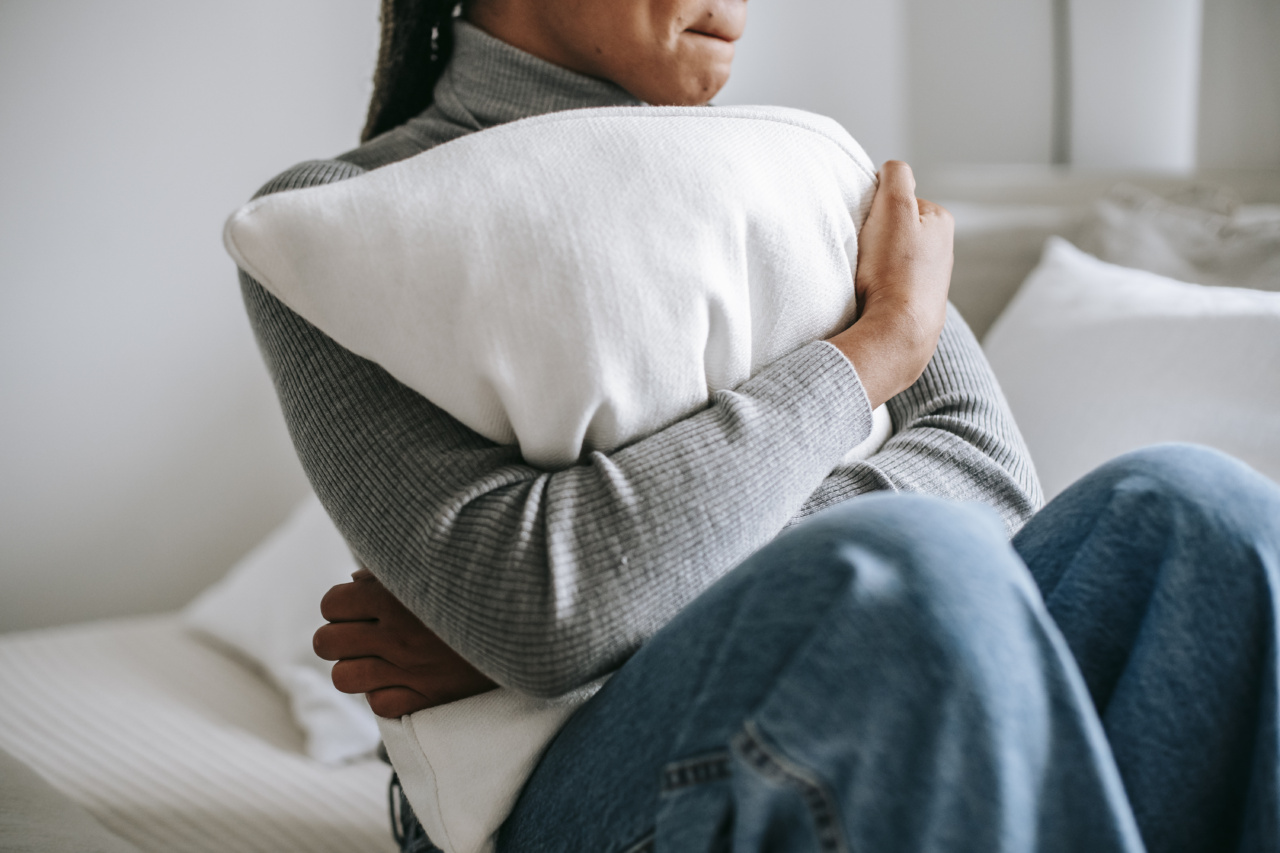We’ve all experienced it at some point – tossing and turning in bed, unable to fall asleep because our minds are racing with anxious thoughts.
While there can be several factors contributing to sleeplessness, one element that often goes unnoticed is our diet, particularly what we eat before bedtime. The food we consume plays a significant role in determining our sleep quality. Certain foods can heighten anxiety, disrupt our sleep patterns, and lead to restless nights.
To ensure a good night’s rest, it’s essential to be mindful of what we’re putting on our plates as bedtime approaches.
1. Caffeine: A Culprit in Disguise
We all know that consuming caffeine in the evening can make falling asleep challenging. However, it’s not just coffee that we need to watch out for.
Many other beverages and foods contain caffeine, such as energy drinks, certain teas, chocolate, and even some medications. Caffeine is a stimulant that increases alertness and can stay in our system for several hours. To promote better sleep, it’s best to avoid caffeine altogether in the afternoon and evenings.
2. Spicy Foods: The Fire Inside
Indulging in a spicy meal might give our taste buds an extra kick, but it can also have a negative impact on our sleep. Spicy foods can cause heartburn or acid reflux, leading to discomfort and disrupted sleep.
The fiery sensation in our stomach can make it challenging to relax and fall asleep peacefully. If you’re prone to digestion issues, it’s advisable to steer clear of spicy foods in the hours leading up to bedtime.
3. Fatty and Fried Foods: Weighing You Down
While a greasy burger or a plate of fries might be tempting, consuming high-fat and fried foods before bed can result in a restless night. These foods take longer to digest, leading to discomfort and can cause indigestion or acid reflux.
Additionally, fatty foods can stimulate the production of acid in our stomachs, further exacerbating digestive issues. Opt for lighter, healthier options in the evening to promote better sleep.
4. Alcohol: Deceptive Sleep Aid
Many people turn to alcohol as a means to unwind and relax, assuming it will help them sleep better. However, while alcohol may induce drowsiness and help us fall asleep faster, it can disrupt the overall quality of our sleep.
Alcohol consumption interferes with our sleep cycles and can lead to frequent awakenings throughout the night. It also contributes to dehydration, increasing the likelihood of waking up feeling groggy and unrested.
5. Sugary Treats: A Sweet but Restless Slumber
Indulging in sugary treats before bed might satisfy our sweet tooth, but it can wreak havoc on our sleep. Foods high in sugar and simple carbohydrates cause a spike in blood sugar levels, resulting in a burst of energy.
This sudden surge of energy can make it difficult to fall asleep and may even lead to night sweats or nightmares. Opt for healthier snacks that are low in sugar or enjoy your sweet treats earlier in the day.
6. Heavy Meals: A Recipe for Sleep Discomfort
Feasting on a large, heavy meal close to bedtime places a significant burden on our digestive system.
Our bodies need time to break down and process the food we consume, and lying down too soon after a heavy meal can lead to indigestion, bloating, and discomfort. When possible, try to have your main meal earlier in the evening and have a lighter snack if needed before bed.
7. High-Protein Foods: Taking Digestion Up a Notch
While proteins are an essential part of our diet, consuming them in large quantities before bed can disrupt sleep.
Protein-rich foods require more effort from our digestive system to break them down, which can lead to discomfort and awakenings during the night. If you prefer a protein-packed dinner, consider enjoying it earlier in the evening to allow enough time for digestion.
8. Acidic Foods: A Recipe for Heartburn
Foods high in acidity, such as citrus fruits, tomatoes, and vinegar-based dressings, can trigger acid reflux and heartburn. The discomfort caused by these conditions can prevent us from falling asleep or disrupt our sleep throughout the night.
If you’re prone to acid reflux, it’s best to avoid consuming these acidic foods a few hours before bedtime.
9. Fluids: The Call of Nature
While staying hydrated is crucial, consuming excessive fluids before bed can lead to frequent trips to the bathroom during the night. This constant interruption to our sleep can leave us feeling groggy and unrefreshed in the morning.
Limit your fluid intake in the evening, ideally stopping any consumption an hour or two before bed, to ensure uninterrupted sleep.
10. Timing Matters: Give Yourself a Break
Apart from the specific foods to avoid, it’s crucial to give yourself a sufficient break between your last meal or snack and bedtime. Eating too close to bedtime can lead to discomfort and disrupt your sleep.
Aim to have your last meal or snack at least 2-3 hours before hitting the hay. This timeframe allows your body to digest the food properly and signals to your brain that it’s time to wind down.
By being mindful of our diet, particularly in the hours leading up to bedtime, we can significantly improve our sleep quality and reduce restlessness and anxiety at night.
Avoiding caffeine, spicy and fatty foods, alcohol, sugary treats, heavy meals, high-protein foods, acidic foods, excessive fluids, and late-night snacking can contribute to a more peaceful and refreshing slumber.






























